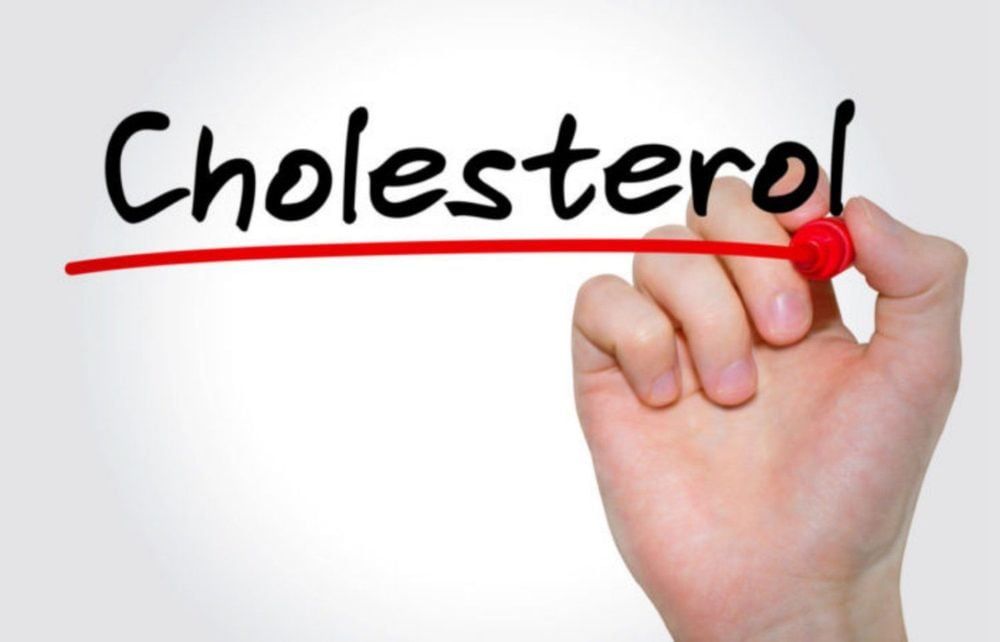Squid is a popular seafood around the world because it is affordable and tasty. It can be grilled, marinated, boiled, stewed, or even eaten raw as sashimi. This leads to the question: what are the health benefits and risks of eating squid? Does squid contain a lot of cholesterol? Can eating fresh squid cause weight gain? Let's read more in the article below.
1. 15 health benefits of squid
- Cancer and Tumor Prevention: Squid meat is rich in antioxidants, which help protect cells from damage caused by free radicals. Free radicals are harmful molecules that can damage cells and are found in pollution, cigarette smoke, and chemicals. Antioxidants in squid help fight these free radicals and may help boost the immune system, especially during cancer treatments like chemotherapy.
- Low in Calories: Squid is a great option for those looking to increase protein intake without consuming too many calories. A 100-gram serving of squid contains only about 75-85 kcal. However, if squid is fried, the calorie count can increase.
- Maintaining Sodium Levels: Sodium is essential for maintaining healthy blood pressure and fluid balance in the body. Too much sodium can lead to high blood pressure, but squid contains a moderate amount (744 mg per 100 grams), which helps maintain sodium levels without posing a risk to your health.
- Reducing Stroke and Heart Disease Risk: Squid is a good source of potassium, which helps regulate heart function and keep blood pressure in check. It also contains vitamin E, which helps protect heart cells and reduce the risk of heart disease by preventing cell damage.
- Rich in Protein: Squid is an excellent source of protein, which is vital for building and repairing tissues in the body. It contributes to about 64% of your daily recommended protein intake. Protein is needed for muscle, bone, blood, and skin health, and it plays an important role in the production of enzymes and hormones necessary for the body's proper functioning.

- Maintains Bone and Dental Health: Squid is rich in phosphorus, which stimulates calcium, a vital mineral for building strong teeth and bones. This helps in maintaining a healthy smile and strong bones.
- No Carbohydrates: Squid is one of the few shellfish that contains very little to no carbohydrates. For example, 28 grams of squid has only 0.87 grams of carbohydrates. This makes it an ideal food for those on a low-carb diet, as carbs can be converted into glucose, leading to weight gain.
- Rich in Vitamin B12 and Vitamin B6: Vitamin B12 is essential for nerve and blood health, while Vitamin B6 helps protect the heart from strokes. Squid is an excellent source of both of these vitamins.
- Reduces the Risk of Migraines: Migraines are becoming increasingly common in today's busy world. While it’s difficult to predict or prevent them, eating squid can help. Squid is rich in Vitamin B2 (Riboflavin), which has been shown to reduce the frequency and severity of migraines.
- Contains Selenium and Vitamin E: Squid contains selenium and Vitamin E, both of which are antioxidants. Selenium works alongside Vitamin E to promote normal growth and reproduction and may help fight cancer by inhibiting tumor growth.
- Helps Fight Anemia: Squid is rich in copper, which is essential for producing red blood cells. Copper helps maintain healthy red blood cells, supporting the immune system and reducing the risk of anemia.
- Boosts Immunity: Squid contains zinc, which plays a crucial role in strengthening the immune system. Zinc deficiency can make the body more vulnerable to infections and diseases.
- Improves Mental Function: Squid is a source of dopamine, a neurotransmitter that enhances mental health. Dopamine helps improve focus, memory, and mood, contributing to higher energy and mental performance.
- Regulates Blood Sugar Levels: Squid contains no sugar and is a great food option for those looking to stabilize their blood sugar. Vitamin B3 in squid helps reduce the risk of diabetes.
- No Need to Worry About Cholesterol: While squid does contain cholesterol, it has very little fat, and the body absorbs cholesterol from it poorly. Some studies have suggested that shellfish consumption can actually reduce blood cholesterol levels, though this hasn't been definitively proven for squid.

2. Cholesterol in Squid and Does Eating Squid Contain a Lot of Cholesterol?
As is commonly known, high cholesterol can increase the risk of heart disease and other health problems. If you've been diagnosed with high blood cholesterol, your doctor may recommend that you limit your intake of cholesterol-rich foods.
Cholesterol is primarily found in animal products, and squid is no exception. However, squid has relatively low levels of saturated fat compared to other animal products. Saturated fats and trans fats are known to raise levels of "bad" cholesterol (LDL) in the blood, which can lead to clogged arteries and an increased risk of heart disease. When squid is fried, the total fat content, including unhealthy fats, increases. This can turn what is generally a healthy food choice into something less beneficial for your health.
An 85-gram serving of uncooked squid contains approximately 198 milligrams of cholesterol, which is close to the recommended daily limit for individuals at risk of high cholesterol. In addition, squid provides a good source of protein (13.2 grams per serving) and healthy fats, including small amounts of monounsaturated and polyunsaturated fats.
The American Heart Association recommends that no more than 5-6% of your total daily calories come from saturated fats to help manage cholesterol levels. For a 2,000-calorie diet, this would amount to 11-13 grams of saturated fat. They also recommend reducing or eliminating trans fats, which are often found in partially hydrogenated oils used in processed foods.
If you have high cholesterol or other heart disease risk factors, it's important to consult with your doctor before regularly eating squid or any other high-cholesterol foods. If your cholesterol levels are normal, you can enjoy squid in moderation, but try to avoid fried squid and opt for healthier cooking methods, such as steaming, to retain the beneficial nutrients while minimizing the intake of excess fats.
Reference source: thehealthsite.com
To arrange an appointment, please call HOTLINE or make your reservation directly HERE. You may also download the MyVinmec app to schedule appointments faster and manage your reservations more conveniently.













